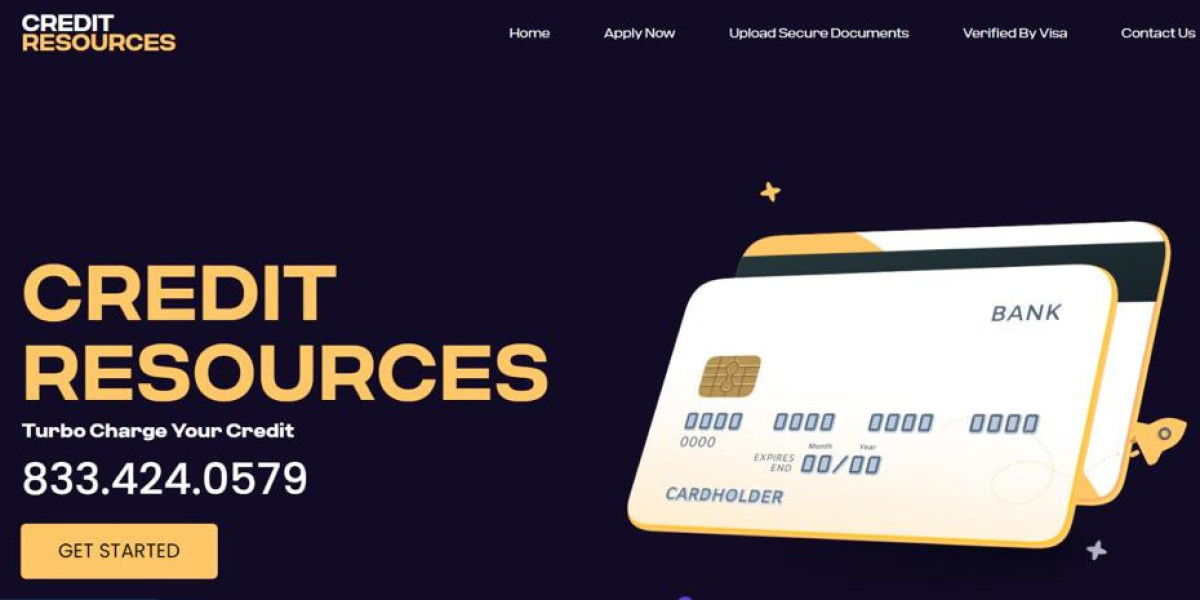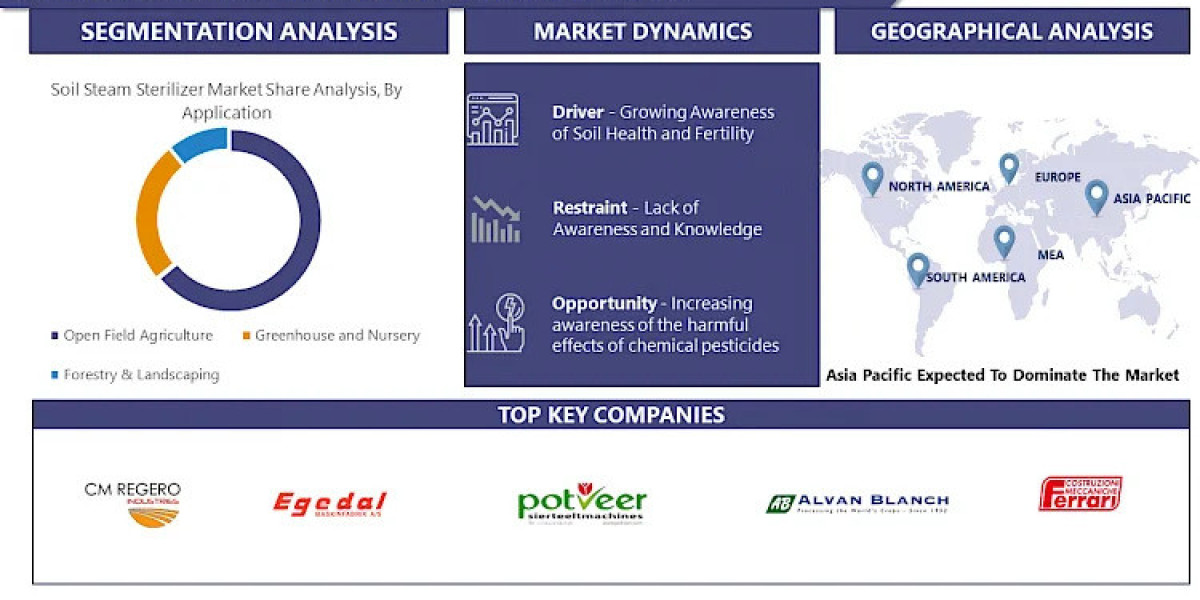Introduction to Debt Management
Debt can be an overwhelming burden, impacting both your financial stability and mental well-being. Effective debt management is crucial for regaining control over your finances and working towards a debt-free future. This guide provides comprehensive strategies and actionable advice to help you manage and eliminate debt.
Understanding Different Types of Debt
Secured vs. Unsecured Debt
Secured Debt: This type of debt is backed by collateral, such as a mortgage or auto loan. If you default on the loan, the lender can seize the collateral.
Unsecured Debt: This includes credit card debt, personal loans, and medical bills. There is no collateral involved, making it riskier for lenders and often resulting in higher interest rates.
Good Debt vs. Bad Debt
Good Debt: Investments that improve your financial future, such as student loans or a mortgage.
Bad Debt: High-interest debt used for non-essential purchases, like credit card debt for luxury items.
Effective Debt Reduction Strategies
Budgeting and Financial Planning
Creating a budget is the foundation of any debt reduction plan. Track your income and expenses to identify areas where you can cut costs and allocate more towards debt repayment.
Debt Snowball Method
Prioritize paying off debts from smallest to largest balance. This method builds momentum as you quickly eliminate smaller debts, boosting your confidence.
Debt Avalanche Method
Focus on paying off debts with the highest interest rates first. This method saves you more money in interest over time, although it may take longer to see progress.
Consolidation Loans
Consider consolidating multiple high-interest debts into a single loan with a lower interest rate. This simplifies repayment and can reduce your overall interest costs.
Balance Transfer Credit Cards
Transfer high-interest credit card balances to a card with a 0% introductory APR. This can provide temporary relief and allow you to pay down the principal without accruing interest.
Negotiating with Creditors
Request Lower Interest Rates
Contact your creditors to negotiate lower interest rates. A lower rate can reduce your monthly payments and total repayment amount.
Debt Settlement
Negotiate a lump-sum payment that is less than the full amount owed. This can be an option if you are unable to pay the full debt but have access to a significant amount of cash.
Hardship Programs
Many creditors offer hardship programs for individuals facing financial difficulties. These programs may include lower payments, reduced interest rates, or temporary forbearance.
Professional Debt Relief Options
Credit Counseling
Nonprofit credit counseling agencies provide free or low-cost assistance with budgeting and debt management. They can help you create a debt repayment plan and negotiate with creditors.
Debt Management Plans (DMPs)
A DMP involves working with a credit counseling agency to consolidate your debt into one monthly payment. The agency negotiates lower interest rates and fees on your behalf.
Debt Settlement Services
Debt settlement companies negotiate with creditors to reduce the amount you owe. This can have a negative impact on your credit score, so it is generally considered a last resort.
Bankruptcy
Bankruptcy is a legal process that can discharge most types of debt. It should only be considered after exploring all other options, as it has long-term consequences on your credit report.
Maintaining Financial Health After Debt
Building an Emergency Fund
An emergency fund provides a financial cushion for unexpected expenses, preventing you from falling back into debt.
Monitoring Credit Reports
Regularly check your credit reports for accuracy and to monitor your progress. Dispute any errors that may negatively impact your credit score.
Smart Spending Habits
Adopt habits such as using cash or debit for purchases Credit resources reviews, avoiding unnecessary credit card use, and living within your means.
Continued Education and Financial Literacy
Stay informed about personal finance through books, courses, and financial news. Increased financial literacy helps you make better decisions and avoid future debt problems.
Credit Resources Reviews
Credit Counseling Agencies
- National Foundation for Credit Counseling (NFCC)
Review Summary: The NFCC is highly regarded for its comprehensive credit counseling services. Users appreciate the personalized budgeting assistance and debt management plans. The nonprofit status of the NFCC ensures that the advice given is in the best interest of the consumer.
Pros:
- Nonprofit organization
- Personalized counseling
- Extensive educational resources
Cons:
- Limited local office availability
- Some services may have fees
- Financial Counseling Association of America (FCAA)
Review Summary: The FCAA provides a network of nonprofit credit counseling agencies. Customers value the ethical standards and professional guidance offered. The FCAA’s member agencies are known for their effective debt management plans and financial education programs.
Pros:
- Nonprofit and ethical focus
- Wide range of member agencies
- Comprehensive financial education
Cons:
- Varies in quality across different member agencies
- Possible fees for certain services
Credit Reporting Agencies
- Equifax
Review Summary: Equifax is one of the three major credit bureaus, known for its reliable credit reporting and monitoring services. However, it has faced criticism for past data breaches. Users generally find their credit monitoring tools helpful, though customer service can be hit or miss.
Pros:
- Comprehensive credit reports
- Advanced credit monitoring tools
Cons:
- History of data breaches
- Inconsistent customer service
- Experian
Review Summary: Experian is praised for its detailed credit reports and robust identity protection features. Users appreciate the educational resources and tools for improving credit scores. The agency’s user-friendly interface is another plus.
Pros:
- Detailed and accurate credit reports
- Strong identity protection features
- Educational tools and resources
Cons:
- Some services are expensive
- Customer service can be slow
- TransUnion
Review Summary: TransUnion offers reliable credit reporting and monitoring services. Users commend its credit score simulation tools and detailed credit insights. The company’s mobile app is highly rated for ease of use.
Pros:
- Reliable credit reports
- Useful credit simulation tools
- Highly rated mobile app
Cons:
- Reports occasionally have errors
- Customer service response times vary
Debt Relief Services
- American Fair Credit Council (AFCC)
Review Summary: The AFCC represents debt relief companies committed to ethical practices. Clients appreciate the transparency and professionalism of AFCC member companies. The council’s stringent standards ensure reliable and fair service.
Pros:
- Ethical and transparent practices
- Stringent member standards
- Professional service
Cons:
- Membership does not guarantee success
- Service quality may vary between companies
- Accredited Debt Relief
Review Summary: Accredited Debt Relief is known for personalized debt settlement services. Customers report significant reductions in their debt and appreciate the dedicated customer support. However, debt settlement can negatively impact credit scores.
Pros:
- Personalized debt relief plans
- Effective debt reduction
- Strong customer support
Cons:
- Negative impact on credit scores
- Settlement fees can be high








